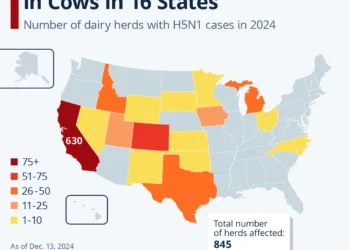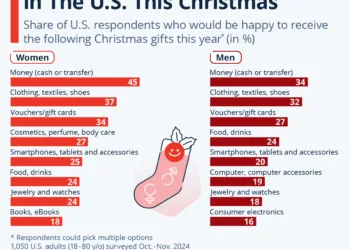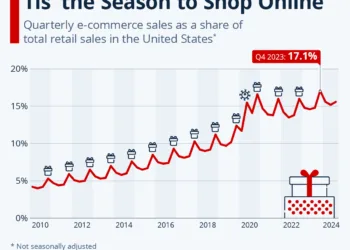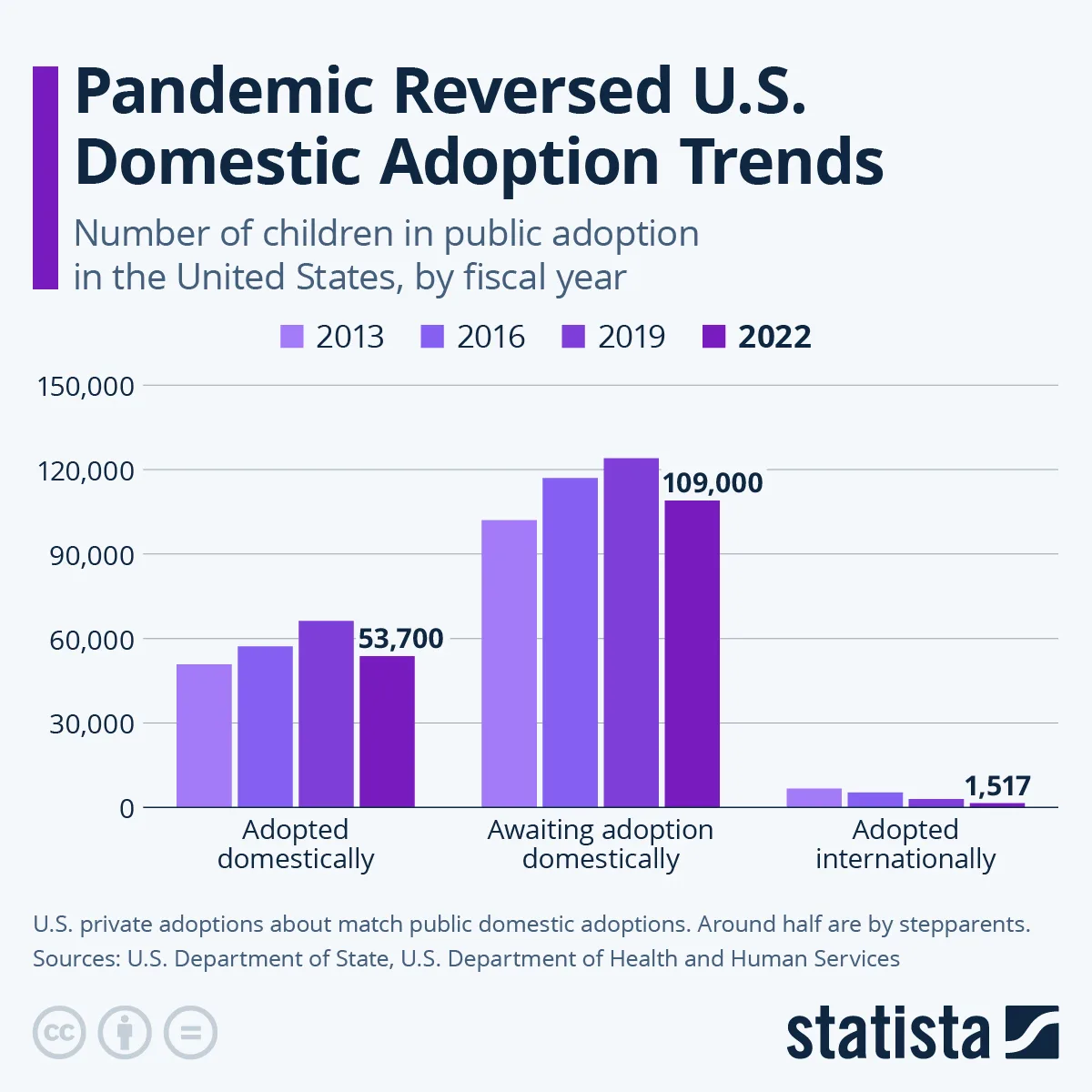It feels like we’re revisiting 2016, and to a certain extent, even 2020. Democrats are facing what appears to be yet another nail-biter election, with their nominee going up against Donald Trump.
In a contest that may hinge on a few hundred thousand votes in just a handful of states, every voter is crucial—regardless of how you connect with them. With this in mind, Democrats are not only focusing on policy but also tapping into pop culture.
In particular, Democrats are embracing football and Taylor Swift. The Harris-Walz campaign has showcased endorsements from 15 Hall of Famers in the NFL and is even selling Swiftie-style friendship bracelets on their campaign site, among other engaging initiatives. Notably, Taylor Swift herself has endorsed Kamala Harris.
Tim Walz has pointed to his experience as a football coach and even mentioned Taylor Swift during the vice presidential debate.
Democratic challenger and former NFL player Colin Allred, who is seeking to unseat GOP Senator Ted Cruz of Texas, has released ads that portray him as a gridiron hero.
But how significant is this pop culture campaigning? Does associating a campaign with a sport, a cultural phenomenon, or a musical style genuinely sway voters? A look back at five different campaigns from history can shed light on whether this approach is effective.
Reagan and Springsteen
When discussing how candidates have engaged with pop culture, it’s essential to start with Ronald Reagan’s connection to Bruce Springsteen during the 1980s.
Regan, aiming to broaden his appeal, perceived the 1984 election as a campaign defined by vibes, citing Springsteen as a representation of the optimism his campaign sought to evoke. However, Springsteen declined Reagan’s request to use his iconic song “Born in the U.S.A.” on the campaign trail. Although the melody might sound patriotic, the lyrics recount the struggles of a disenfranchised Vietnam War veteran.
Reagan ultimately won 49 states in that election, but one lasting outcome of his outreach to Springsteen’s fanbase was transforming the artist from a largely apolitical figure to a strong Democratic advocate.
This evolution echoes Taylor Swift’s journey, particularly with Marsha Blackburn, the Tennessee Republican senator who served as her Reagan—prompting her into political engagement after years of remaining neutral.
Springsteen and Kerry
Springsteen’s political involvement continued as he supported Democratic presidential candidate John Kerry in 2004 through a series of concerts known as the “Vote for Change” tour.
AP Photo/Laura Rauch
Meanwhile, Kerry tried to demonstrate his connection to the common man through sports, but his outreach often went astray. At one point, he mistakenly named “Lambeau Field,” home of the Green Bay Packers, and referred to a fictional Boston Red Sox player, “Manny Ortez.” While these missteps didn’t seem to hurt his campaign in states like Wisconsin and Massachusetts, he experienced ridicule for a hunting photo-op late in the election, which severely impacted his standing with rural Midwestern voters and ultimately contributed to his loss.
Kerry’s attempt to capitalize on hunting imagery was likely an effort to counter President George W. Bush’s image, which was bolstered by his portrayal as a strong leader, exemplified by his cowboy persona.
Harding, Jolson, and the Cubs
Though Reagan’s attempt to attract 1980s rock fans is one of the most famous examples of leveraging pop culture in campaigns, it wasn’t the first instance.
Senator Warren Harding’s 1920 front porch campaign gained an infusion of excitement thanks to a visit from singer and actor Al Jolson. Harding also welcomed a host of celebrities and even the Chicago Cubs to his hometown of Marion, Ohio.
Harding’s strategy is perhaps better viewed as a precursor to future campaigning styles rather than a decisive factor in the 1920 election, as his overwhelming win with over 60% of the popular vote indicates that no celebrity could have saved his opponent, Democrat James Cox.
Bill Clinton and MTV
As the Harris-Walz campaign seeks to engage Taylor Swift’s younger fans, we can draw comparisons to Democratic Arkansas Governor Bill Clinton’s efforts to connect with youth culture during the 1992 presidential election. Clinton made appearances where he took questions from young voters on MTV and even played saxophone on “The Arsenio Hall Show.”
While it’s difficult to quantify the direct impact of Clinton’s youthful outreach, he did experience a notable uptick in support among young voters in comparison to Michael Dukakis’s campaign in 1988.
Ford and Football
No conversation about politicians tapping into football culture would be complete without mentioning Gerald Ford, known for his athleticism. Ford served as vice president before becoming the 38th President of the United States in 1974, following Richard Nixon’s resignation during the Watergate scandal.
Ford played center for two national championship teams at the University of Michigan. While he didn’t emphasize his football background to the extent that Walz did during the Democratic National Convention, Ford did reference his athletic accomplishments on the campaign trail in 1976, often appearing alongside legendary Alabama football coach Paul “Bear” Bryant.
However, it seems that a connection to football fans wasn’t enough to secure Ford’s place in the White House for long, as he lost the 1976 election to Democrat Jimmy Carter.
Potential Gains
Will the Harris-Walz strategy of leveraging pop culture resonate with voters? Swift’s audience consists mainly of younger, suburban women, while NFL fans are politically diverse. This suggests there may be valuable gains to be made with both demographics. The candidates believe it matters, as Walz stated that he “took football back” from Republicans, a claim Trump has challenged.
Emphasizing pop culture credentials might also draw media attention to a campaign, regardless of whether voters feel connected to a candidate based on shared interests in football or music. Clinton’s forays into pop culture garnered significant media coverage beyond just the events themselves, proving to be cost-effective for a campaign with limited funds.
This style of pop culture campaigning generates attention, even if voters aren’t swayed by the idea that a candidate shares their interest in football or popular music.










